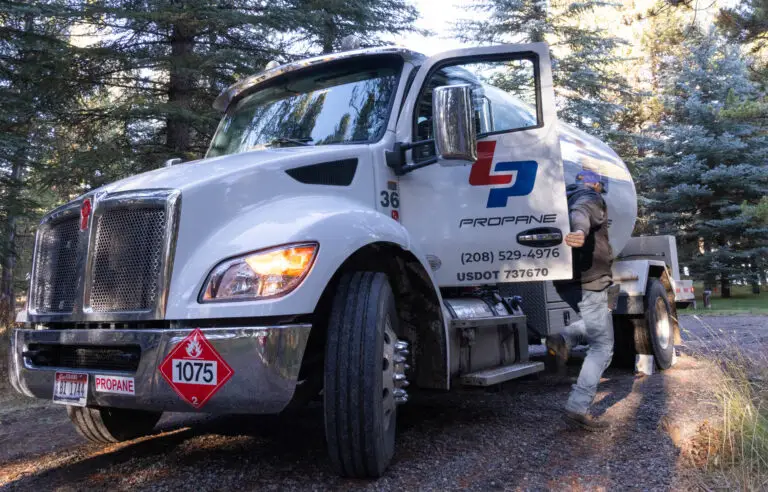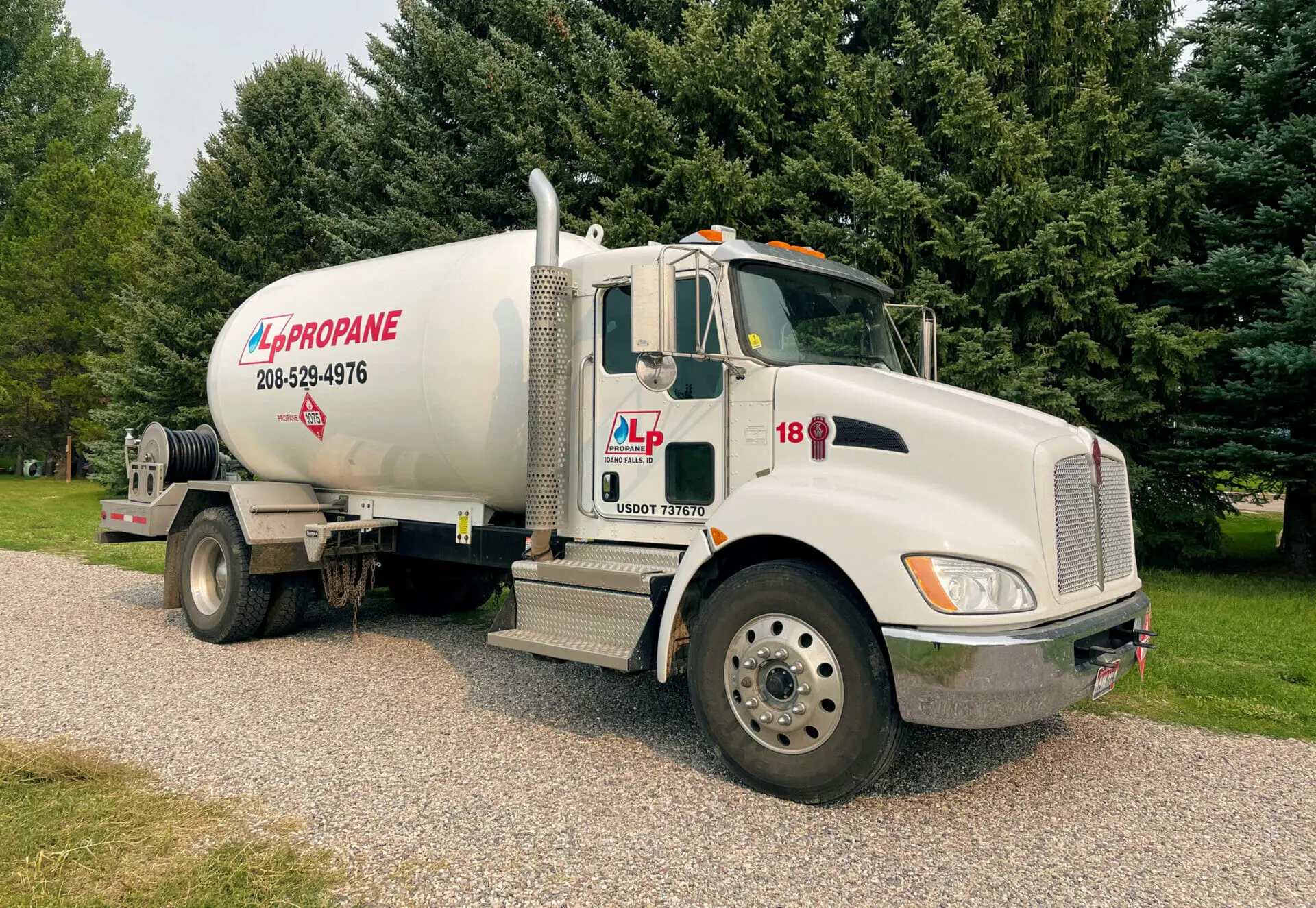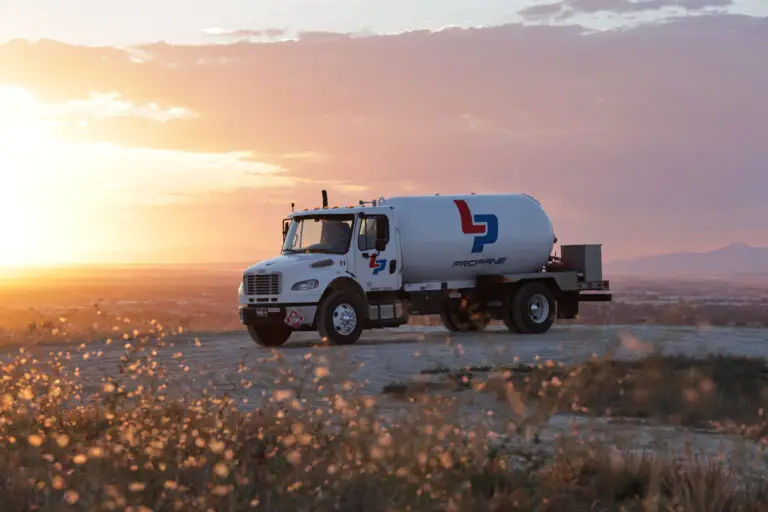
Propane Use in Remote Research Facilities and Outposts – Copy
From wildfire zones to hurricane-damaged neighborhoods, emergency responders and mobile medical units deliver critical care where grid infrastructure is all too often destroyed. Propane has become a go-to fuel source for such activities due to its portability, dependability, and high

